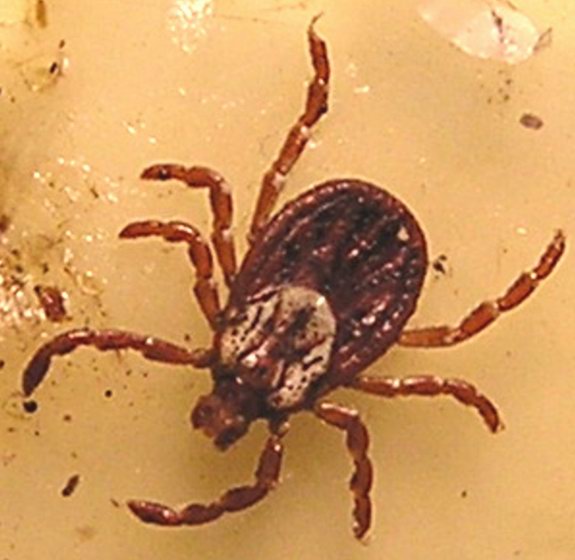My first novel, Shifted, has gotten two reviews in recent weeks.
The first comes from Dianne Salerni, author of the novel High Spirits, who reviews at Podbram, a tidy operation run by retired financier and author Floyd Orr.
Among other praise, Ms. Salerni wrote this in her five-star review:
"Shifted is well-written and carefully edited, as well as craftily plotted to build suspense. Jones reels out the information carefully over time, revealing just enough to keep the reader understanding events but not enough to give away what’s coming next. Characters are well-rounded, and dialogue is highly believable. The scientific basis for Jones’s version of lycanthropy makes sense and is presented without resort to awkward exposition or phony conversation."
The other review comes from "Mrs. Giggles", who mostly reviews romance novels at her (his?) site, mrsgiggles dot com. Her take on Shifted includes the following bit:
"This is a pretty interesting read since Mr Jones attempts to portray lycanthropy in a way that is different from the usual full moon and silver bullet manner. However, the story is riddled with various small technical flaws that, unfortunately, do add up to present a significant distraction from the story itself. Characters tend to tell each other things that they should already know in unnecessary scenes clearly inserted for the sake of the reader. The author sometimes get carried away in describing minute details that turn out in the end to be unimportant, slowing down the momentum of his story in the process. The characters tend to be rather flat and uninteresting."
Despite these reservations, Mrs. Giggles gives Shifted a 76 ... not bad considering Mrs. Giggles has a reputation for pulling no punches and who, looking at several of her other recent reviews, gives an average rating of around 50.
So, thanks to both Ms. Salerni and "Mrs. Giggles"; I very much appreciate your both taking the time not only to read my book, but to comment on what you liked or disliked about it. Rock on, ladies.
Other Monsters That Fished for Men!
2 days ago

